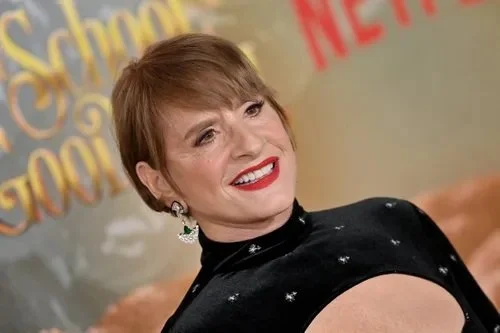Patti LuPone’s Apology Isn’t the End of the Conversation
Well, Patti LuPone apologized. Or, at the very least, someone on her PR team carefully crafted an apology that Patti LuPone then signed off on. Either way, it’s something, and considering the silence we’ve gotten since her wildly inappropriate and demeaning remarks toward Kecia Lewis and Audra McDonald were published, I’m glad she finally said something. But let’s be clear: it should not have taken this much pressure, this many headlines, or an open letter signed by over 600 theater professionals to prompt it.
In case you missed it, LuPone gave an interview with The New Yorker last week that included some especially dismissive comments about Lewis and McDonald, two trailblazing Black women who have given decades of brilliance to the American stage. She questioned Kecia Lewis’s qualifications to call herself a Broadway veteran, and she made a bizarre, off hand comment about Audra McDonald’s performance in Gypsy.
And then? Silence. From LuPone. From her reps. From anyone connected to her. Meanwhile, the community reacted and rightfully so. An open letter circulated calling out her remarks and pointing out that this wasn’t just some careless off-the-cuff comment. It reflected a deeper, ongoing pattern of exclusion and erasure that Black artists have had to navigate for generations. For someone of Patti LuPone’s stature, someone who has benefited from a long and decorated career in an industry that hasn’t always offered those same opportunities to others, to punch down like that? It was beyond disappointing.
So yes, I’m glad she apologized. And her statement, posted Saturday night, did say the right things. She called her words “demeaning and disrespectful,” and said she was “deeply sorry.” But let’s not pretend this was voluntary. The apology came only after a massive backlash, only after Black artists and allies came together to publicly demand accountability. It came after days of public shaming, not from some inner realization or moment of growth. That matters.
What also matters is who responded with grace. Audra McDonald, for instance, who simply said she hadn’t spoken to LuPone in years and was confused by the whole thing. Classy, dignified, and clear. Kecia Lewis, for her part, hasn’t said a word, and she shouldn’t have to. She’s earned her seat at the table a hundred times over. She doesn’t need to justify her presence to Patti LuPone or anyone else.
This whole mess is a reminder that words carry weight. It doesn’t matter how many Tonys you have. If you disrespect your peers, especially those who’ve had to fight twice as hard to get through the door, you should be held accountable. Period.
Let’s hope this moment leads to more reflection, more listening, and fewer careless comments that diminish the contributions of Black artists. Because the theater we want, the one we claim to love, is bigger than one person’s ego. And it always will be.
